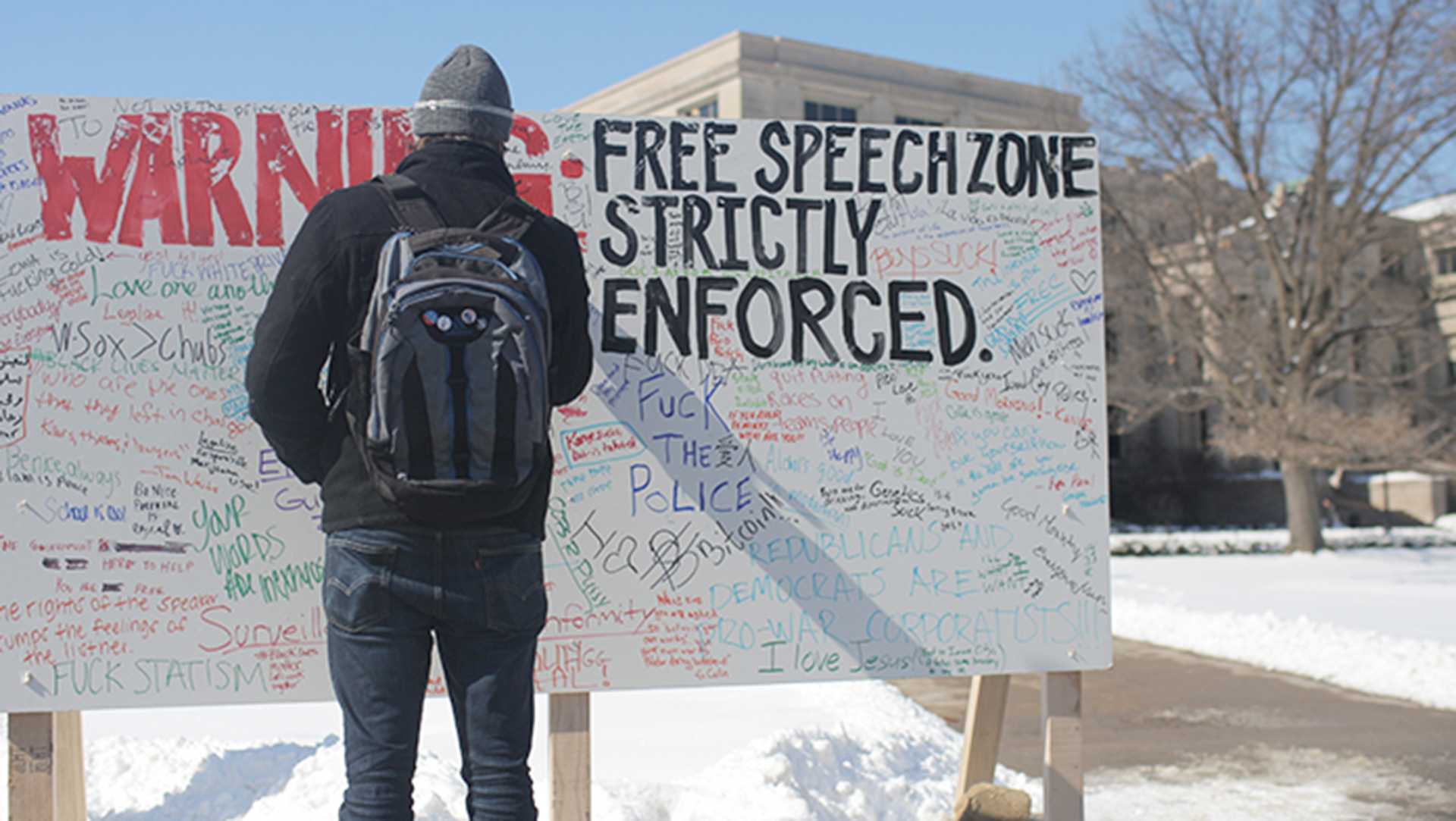Hegde: Stop oversharing on social media
Constant social media updates are unnecessary and can be just as unsafe as talking to strangers online.
March 6, 2019
We’ve all heard the “don’t talk to strangers” rule, and the guideline quickly extended to the internet with the rise of social media. However, what about sharing endlessly with people you believe you know?
I understand the need to be heard. While it is true that social media’s purpose is to share your life with others, there is also a difference in updating your friends and family of an interesting happening and sharing whatever memory comes to your mind at any given moment.
But hey, your friends and family probably care about your life, what’s the harm in a little oversharing? Maybe when social media first became popular, a person’s main following consisted of close family and friends. In a time when everyone has social media, it is increasingly likely that many of your friends or followers are not so close to you as you might believe. My friends’ list on Facebook includes past coworkers and friends from middle school that I haven’t seen in years. It is not just about how your following will feel. Are the people you are sharing with really going to read through your personal rant or will they scroll through without a second glance?
Often, your acquaintances aren’t the only ones on your social either. According to Career Builder, more than 70 percent of employers use social media as a means for better understanding their prospective employees. Should your future boss or coworker really be able to know everything about your life with one glance at your profile?
RELATED: Swipe Right: The dating game of the 21st century
Another point to consider is that oversharing isn’t just annoying — it can be unsafe. Where you are, who you were with, and what you were doing can be disclosed in one post. Now, imagine numerous posts in a few days.
Additionally, nowadays it isn’t just oversharing through posts that can get people in trouble. Information can be collected in many different forms. Scrolling through Facebook, it is easy to find people sharing bizarre, eye-catching links from “See yourself as the opposite sex” to “Find out what kind of Poptart you are.” Many of these sites are phishing schemes, trying to accumulate information about you to gain access to your personal accounts. What could a harmless survey do?
Minimal damage would be third-party sources knowing your personal interests and hobbies — leading to a bombardment of related advertisements. At most, accounts containing private information could be obtained and exploited by hackers. According to a survey conducted by the University of Phoenix, almost two-thirds of U.S. adults with social-media profiles know that they, at some point, have been hacked. We have all been told to be wary of internet scams — but I guess it is hard to resist when scams are wearing such captivating disguises.
In the end, social media exists so people can share however much they want. After all, if your friends or followers are annoyed, they can just unfollow you. However, people should always reflect on their social-media use, because in the end the overall consequences for oversharing will affect the person posting.






